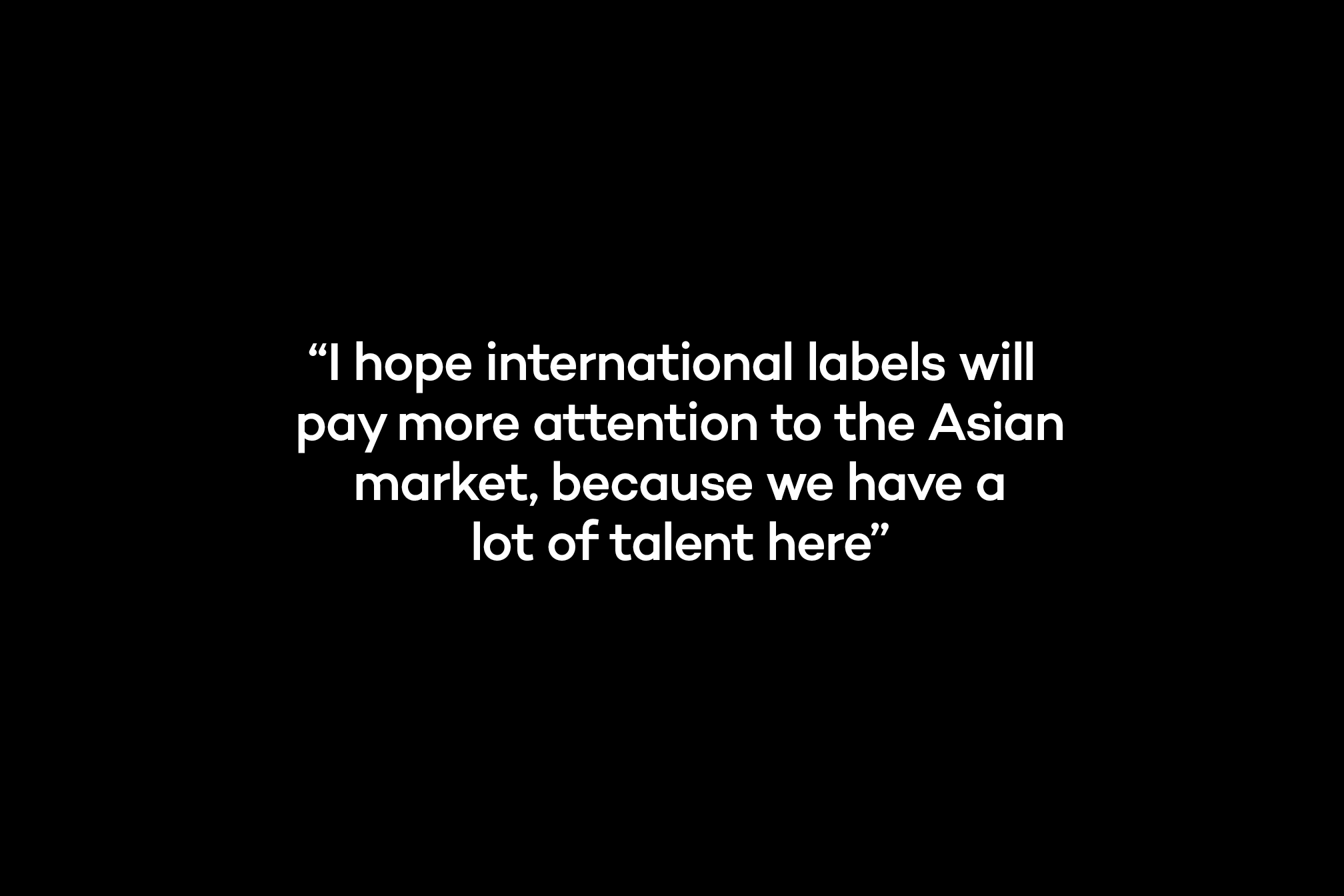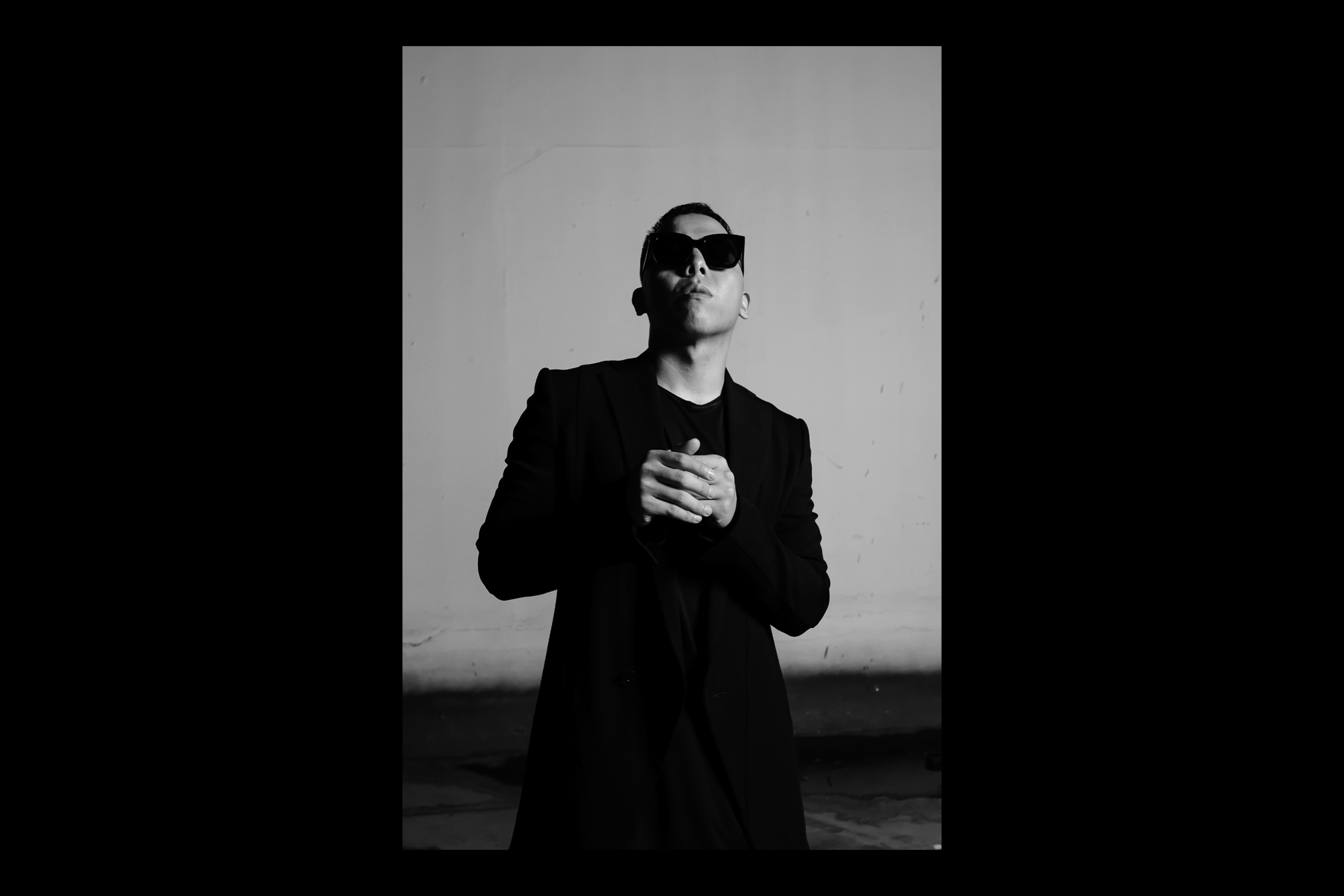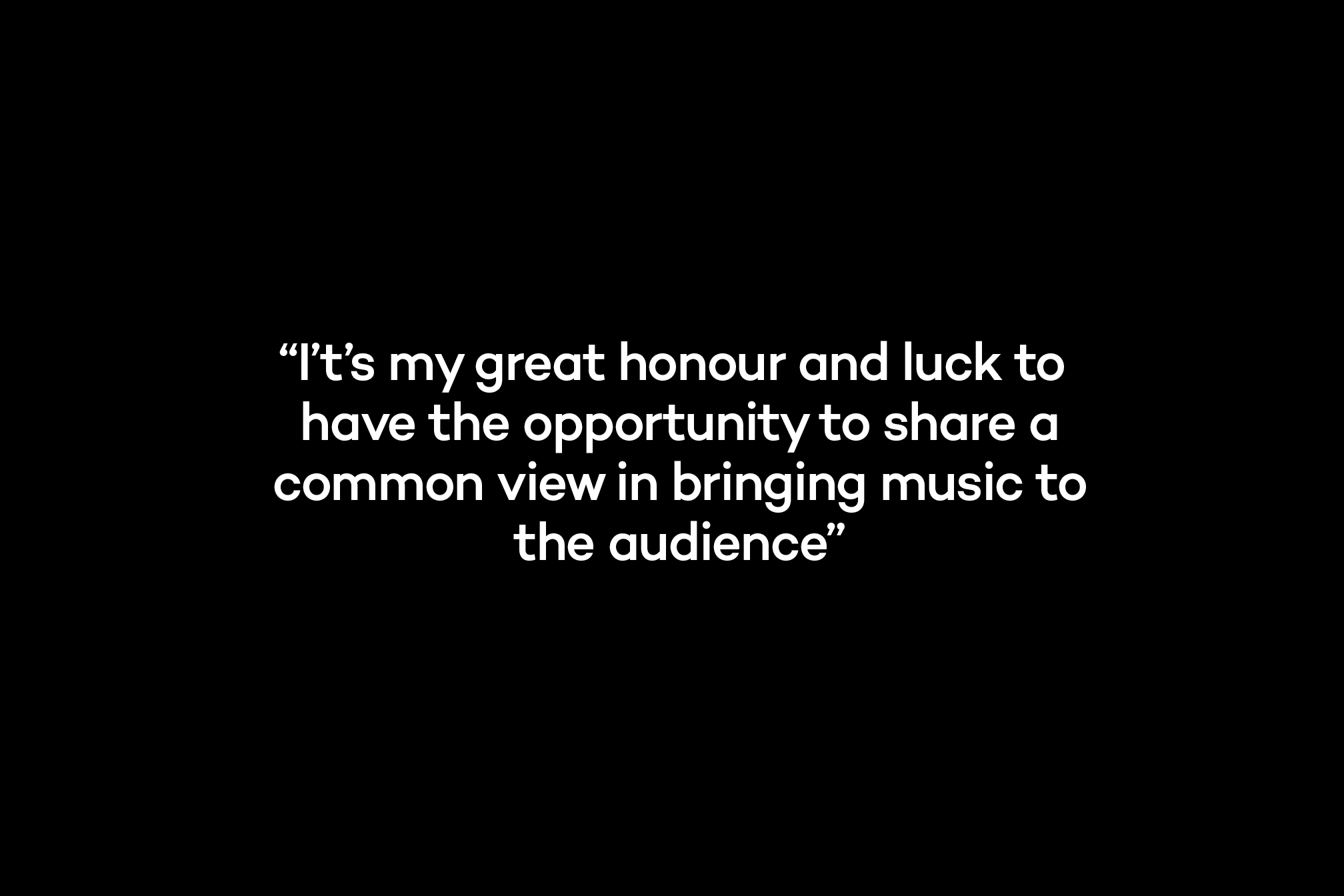 Scene Reports
Scene Reports
"Pioneering mindset": How Touliver inspired Vietnam's electronic music boom
The SpaceSpeakers boss is a driving force behind the exploding Vietnamese scene
Vietnam’s biggest city overwhelms on final descent. Across a sprawling metropolis, skyscrapers loom over manic roads, myriad lights beckoning in every direction. Once on the ground things are even more intense.
That’s half the fun of Ho Chi Minh City. Home to almost nine million people, it’s where traditional pagodas are juxtaposed with steroidal towers, calm green oases spill into eight lanes of scooters, and globalisation crashes head-first into what remains of old conventions. A fitting place for a first encounter with Touliver, considering his CV.
Hailing from Hanoi, Vietnam’s capital and a far more traditional town, he’s here for Mixmag’s BUDX Ho Chi Minh event, and is a stand-out home-grown figure amid its three days of workshops, panels and parties. A pianist, in 2011 he founded the eclectic SpaceSpeakers, a label and artistic ecosystem he’s at the centre of, providing a home to singers, rappers, DJs and producers.
Video directors add another layer of self-sufficiency, so tracks can be written, laid down and visualised without the need to look outside the collective. It’s a platform that has helped nurture the urban tones of Rhymastic and Kimmese, giving Touliver creative freedom, making remixes for the likes of Vpop star Tiên Tiên possible and in turn presenting her in new club-driven contexts.

Much like Ho Chi Minh, his scope is vast and varied, his original productions proving the point. There’s the low-riding hip hop of ‘Gene’ and the sleazy r’n’b-tinged ‘They Said’, both featuring MC Binz. Bouncing four-fours and growling tech subs define his Dustee collaboration ‘That’s Right’. Early effort ‘Nothing In Your Eyes’ is all shimmering downtempo harmonisation.
“[Touliver] has been one of the key people in the Vietnamese music industry, critically contributing to the Vietnamese scene with his pioneering mindset in both producing and playing music,” says Hiển Phạm, musical director of legendary Hanoi venue 1900 Le Théâtre and former head of electronic music at kenh14.vn, the country’s most-read youth media pages. Having worked with the man in question for years, he’s well-placed to comment.
“He takes risks to introduce new trends to the local music scene and [patiently educates] the audience by persistently releasing quality music productions,” Phạm continues, explaining the vital role Touliver plays developing the next generation. “He’s very open to collaboration invitations, [he’s] always on the look-out for young artists, helping them orientate their careers.”
But skip back to the end of the last decade and Touliver himself was still taking the tentative steps from music fan to maker. We caught up with him after our event to ask about first breaks and inspirations, the sonic state of his nation, and where next for him – and the scene.

When did you first start DJing and producing on a serious level? Do you remember your first real gig?
“I started producing electronic music around 2009–2010. At that time I was really into dubstep, so I started to learn more about DJing. I can’t remember my first paid gig, but I’m pretty sure it was small. Music is my passion and my reason for living; I have never allowed myself to have long breaks from this world unless my family has problems.”
How would you describe the Vietnamese club scene at that time?
“Around 2009-2010, clubbing in Vietnam was mostly about hip hop. EDM was something totally new to the audiences. In 2011, I hosted private parties playing dubstep and drum ’n’ bass at Hanoi Rock City and got lots of attention as well as interest from the young crowd.”
You were part of BUDX Ho Chi Min. Do you feel events like this are important?
“It’s my great honour and luck to have the opportunity to share a common view in bringing music to the audience. We need more playgrounds like this for Vietnamese and foreign artists to have an opportunity to come closer and approach audiences – and most importantly we can impress and express ourselves through music.”
What’s the club scene like in Ho Chi Minh City right now?
“There are around 100 big and small clubs in Ho Chi Minh City open at the moment. However, because of the different kinds of music they play, their customers are varied. Hip hop and EDM clubs which may occupy roughly forty per cent, local music clubs mostly playing Vinahouse [a local style that takes popular songs and amps them up to about 140BPM] are thirty per cent, outdoor clubs and lounges with deep house and house music are twenty per cent, and clubs for foreigners, people who like techno, tech house and disco around ten per cent.

Which venues and artists are pushing Vietnam’s club scene at the moment?
“If you come to Vietnam I would highly recommend 1900 Théâtre in Hanoi. This is, in my own opinion, the No 1 nightclub in Vietnam at the moment. The DJ who influences me the most – and also is my favourite – would be Dustee. His music is always up-to-date and full of energy and inspiration for other artists. His experience and spirit are valuable as he is one of the pioneers of DJing in Vietnam, and one of the owners of 1900 Théâtre.”
You’ve broken out of the local scene, but what are the main obstacles you want to see countered to help other Vietnamese producers and DJs reach wider audiences?
“In my opinion, the biggest obstacle for Vietnamese and South East Asian DJs is the lack of professional record labels and relationships and networking that can support artists to deliver their music to larger audiences. In the future, I hope international labels will pay more attention to the Asian market, because we have a lot of talent here, and our own styles which are totally different from Europe or the US.”
What needs to happen for the Vietnamese club scene to develop?
“I do hope that in 2020 clubs in Vietnam will be more diversified in the types of music and service [they offer]. They should be better at inviting foreign DJs and producers to come over and perform, so that Vietnamese audiences have opportunities to enjoy [them] and be up-to-date with music trends in the world.”
What are the next steps for your own career – how’s 2020 looking?
“At the moment I am on the way to finishing my own album with my favourite music, which is techno and tech-house. Besides that, I’m also collaborating with Vietnamese artists to produce more hip hop and pop. In 2020 I’ll release my album and my own videos in the style I like. Hopefully, I will also have some work with international artists.”
Martin Guttridge-Hewitt is a regular contributor to Mixmag, follow him on Twitter


